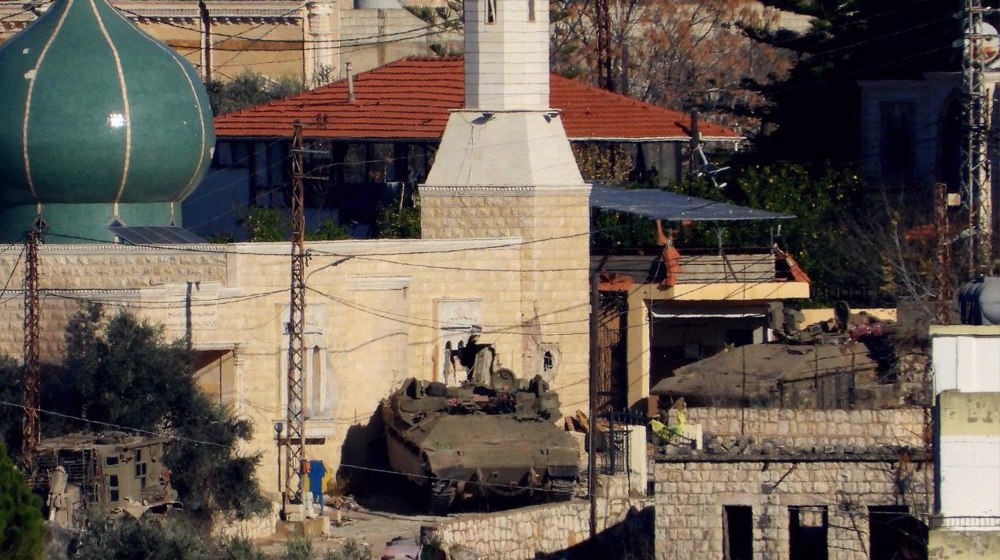Lebanon economic situation very difficult, but we can overcome challenges: President Aoun
Lebanese President Michel Aoun says even though the country’s economy is in the doldrums, economic reforms and austerity measures envisioned in the 2019 state budget will help the economic future look certain.
“There are protests and complaints by members of the public. Nevertheless, we would have plunged into the abyss if had not followed this path. We have inherited more than $80 billion in debt, as well as lack of an economic policy. We do not produce anything, while production is the basis of economy. Therefore, what we did was necessary, and people will realize its importance only after they see its positive results soon,” he said on Tuesday.
He added, “I have always spoken to people and said that the (economic) situation is difficult, but we can overcome it. The question is: “How can we get out of the crisis if the Lebanese do not contribute to the success of the measures taken to achieve the desired goal?’”
“What we are doing now will bring Lebanon back to its best position in the Middle East. As to what is happening around us, we have maintained security and stability and enjoyed a better security level than Europe. We hope to witness a very promising tourist season this year… We have also started to prepare for an economic approach to promote the country and put it on the right path,” Aoun pointed out.
The remarks came a day after thousands of people staged a nationwide strike in Lebanon to express their deep resentment at Prime Minister Saad al-Hariri’s pledge for “difficult and painful” reforms to control spending, and concerns about any pension or benefit cuts.
One protester sustained injuries and was taken to hospital after security forces clashed with a group of protesters outside the Grand Serail, which is the official headquarters of the prime minister and a few blocks away from Nijmeh Square, where parliament is located, in the capital Beirut.
Lebanon has one of the world’s highest public debt burdens. Its fiscal deficit ballooned to 11.2 percent of the gross domestic product (GDP) last year, up from 6.1 percent the year before. The country’s international reserves fell to $39.7 billion as well.
‘All wars have rules. All of those rules have been broken’ by Israel
VIDEO | Report flags India’s violation of rights of Rohingya detainees
Turkey's foreign minister meets Syria's de facto leader in Damascus
'Next to impossible' to rescue patients from Gaza's Kamal Adwan Hospital: Director
VIDEO | Vietnam current prosperity
Report blames gasoil exports for shortage at Iranian power plants
VIDEO | Hind Rajab Foundation names Israeli war criminals vacationing after Gaza genocide
VIDEO | Australians rally for Gaza ahead of Christmas festivities












 This makes it easy to access the Press TV website
This makes it easy to access the Press TV website